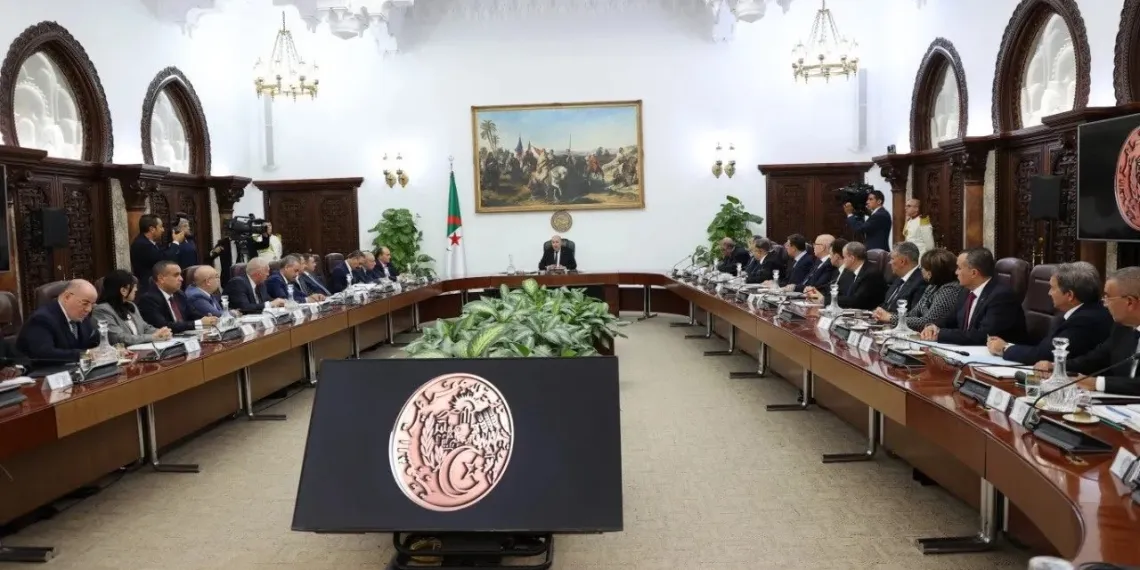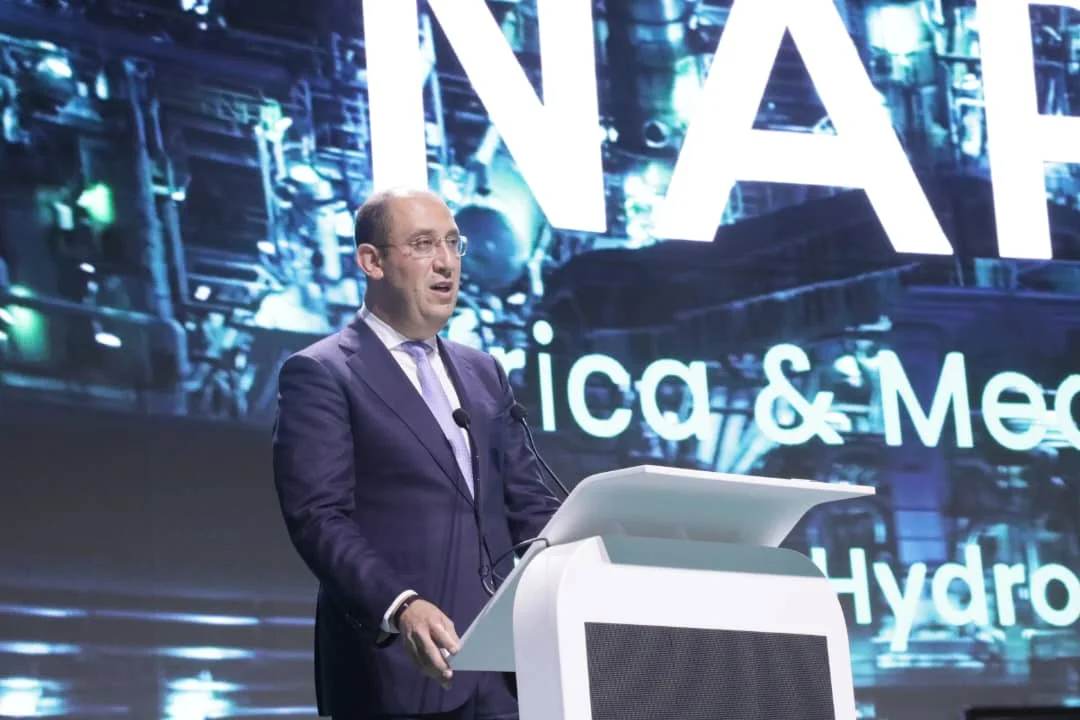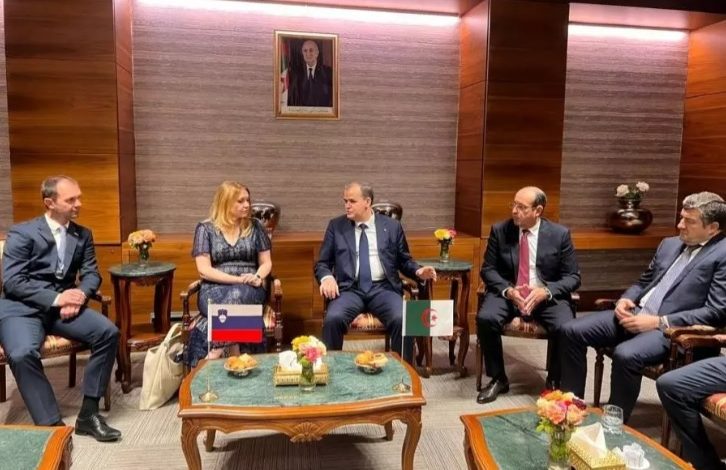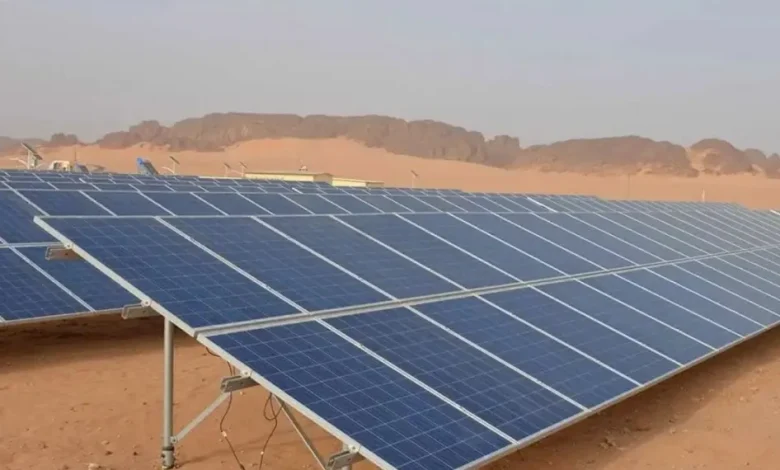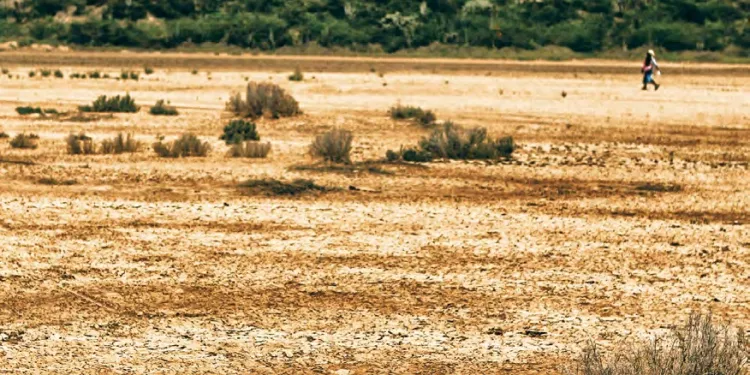| Discover Algeria | About us | Press area | Contact |
Plans to reduce agricultural imports by $ 2.5 billion by 2024
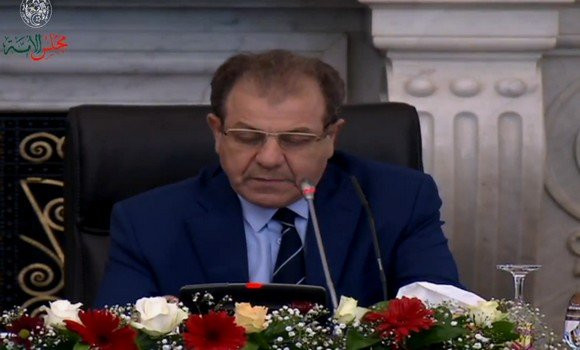
During a hearing organized by the Committee on Agriculture and Rural Development of the Council of the Nation on the roadmap for the sector by 2024, the Minister specified that the significant reduction in the import bill, in particular commodities such as grains, sugar, milk powder and oil were among the main targets of the sector.
This roadmap will reduce the import bill for soft wheat (-400 million dollars), oils (-983 million dollars), sugar (-555 million dollars), corn (-17.6 million), industrial tomatoes (- $ 55 million), potato seeds (- $ 42 million) and garlic (- $ 12 million).
The sector also intends to strengthen cereal production to reach 71 million quintals by 2024, including 10% in the southern wilayas.
Regarding soft wheat, the Minister stressed that the State will continue to subsidize bread. As for other products made from common wheat, producers will have to pay their real price.
Algeria imports 164 billion dinars of soft wheat intended for the manufacture of bread. The measures to strengthen its production and control the use of the subsidized part will save 36 billion dinars.
In this context, specifications have been put in place between the flour mills, bakeries and the Algerian Interprofessional Cereal Office (OAIC) and the quantities intended for bakeries and wholesalers will be controlled.
Also, he reported on the compensation, under this roadmap, of part of the imported milk powder at a cost amounting to 81.85 million USD, through the integration of milk from cow in the production of subsidized milk sachet with an amount of 200,000 liters / day.
The budget allocated by the State to the subsidy of the sachet of milk exceeds 40 billion Da / year, and this in addition to the financial subsidy intended for the import of milk powder, he recalled.
For maize, national needs amount, according to the minister's statement, to 4.5 million tonnes, representing an amount of nearly 900 million UDS. The sector is working to cultivate maize on 18,000 ha, with a view to producing 88,000 tons in 2021, which will reduce the bill for its import by a rate of 2%.
Regarding oils, the national needs amount to 583 million USD, that is a quantity of 1 million tonne per year and 600 million USD of soybean residues, with a quantity of 1.4 million tonnes per year.
The sector intends to cultivate groundnuts on 200,000 ha, soybeans on 200,000 ha, rapeseed on 100,000 ha, in order to reduce the import bill by 983 million USD, ie a rate of 80% of imports of these materials.
In this context, the sector is working to organize the production zones across the wilayas of the country, which makes it possible to determine a map of agricultural areas, by 2030.
For example, the sector has succeeded in cultivating potatoes by using local seeds to the tune of 80%.
The sector is also working to consolidate national capacities for the collection and storage of cereals, through the construction of 9 concrete silos with a storage capacity of 3.5 million qx, the launch of an implementation operation 15 metal silos with a storage capacity of 4.2 million qx, the construction of 16 metal silos with a storage capacity of 2.5 million qx and the construction of a local collection center.
In addition, 13 refrigeration complexes will have to be received during the year 2021.
Regarding the financing via the two credits Rfig and Ettahadi, the Minister reported the inventory of 13,000 files, 87% of which were studied concerning 400,000 ha.
On the other hand, the sector aims to consolidate the exploitation of the oases, by means of 668 million USD intended for small farms and the valuation of camel production.
In the steppe regions, the sector plans to launch operations to fight against land degradation with an envelope of 9.3 billion DA drawn from the funds of the sector, and a mobilization of three billion DA to fight against desertification. It is also the creation of small animal breeding units in order to improve the living conditions of the inhabitants of these rural areas.
It will also be a question of stimulating development in mountainous areas by opening up paths, bringing water sources closer together and encouraging the planting of fruit trees.
In terms of land reclamation, the Minister stressed that the sector is working for the recovery of unexploited land and continues to clean up land granted by concession, particularly in the South, where 600,000 hectares have been recovered out of 750,000 not restored, in addition to the completion of the census of investors without securities to take charge of them and resolve their situation.
Launch of the global agricultural census next March
The sector also plans to launch the global agricultural census next March, said the minister, who explains that this census will allow the establishment of a national database and the updating of information relating to the sector, which will guarantee a better vision and transparency of indicators.
In the legislative field, the sector is working for the modification of Law 08-16 on agricultural orientation and to examine the file of the agricultural mutual fund for the financing of small farms, he said, indicating that the file is currently under study and will soon be presented to the Government, which provides for the widening of the scope of financing for certain axes.
It was also a question of taking measures to supply breeders with sound and the launch of a livestock vaccination operation, using the electronic chip as part of a partnership project with the European Union (EU ) which will soon be generalized to all the wilayas of the country.
For Mr. Hemdani, the sector is called upon to improve the business climate and encourage investment in the South through the revival of structured and integrated investment in strategic agriculture.











